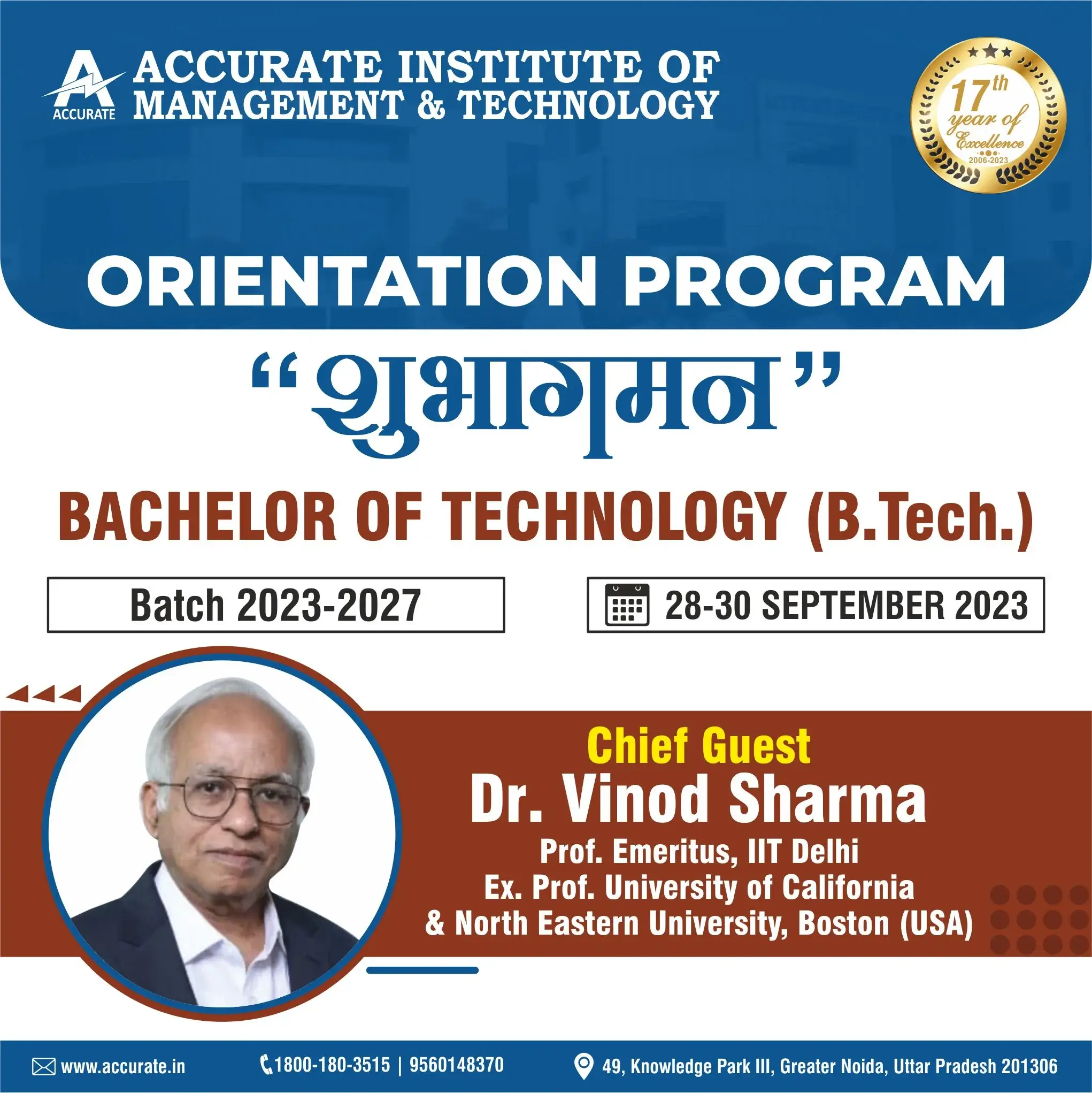Engineering innovation is the process of coming up with new concepts, methods, tools, and technologies and putting them into practice in order to overcome problems, enhance current setups, and open new opportunities. To create, develop, and execute useful solutions that effect good change, it entails using creative thinking, utilizing scientific knowledge and technological competence, and employing innovative ways. To accomplish breakthroughs and developments in a variety of domains including aerospace, civil, mechanical, electrical, and computer engineering, innovation in engineering frequently includes mixing disparate disciplines, integrating cutting-edge technology, and upending conventional techniques. It covers the complete gamut of engineering, from product design and development to manufacturing techniques and sustainable business methods. In the end, engineering innovation is about pushing the envelope of what is conceivable to advance technology and better the world we live in.
Education in engineering and management has advanced thanks to innovation. Education institutions must modify their curriculum and teaching strategies to suit future demands as businesses and technology continue to advance quickly. This article examines the innovative developments in management and engineering education, the influence of innovation on the sector, and probable effects on the labor market in the future.
1.Experiential Learning and Industry Collaboration

The old-fashioned lectures in the classroom are no longer enough to provide students with the practical skills they need in industry. Due to this, there is a movement towards methods of experiential learning including internships, project-based learning, and industry partnerships. These programs expose students to actual situations and difficulties, enabling them to put their academic understanding into practice and hone crucial soft skills like leadership, teamwork, and communication. Students can also benefit from networking opportunities, mentorship, and important insights through relationships with industry professionals, which improves their chances of finding employment.
2.Blended Learning and Online Platforms:

The delivery of engineering and management courses has been transformed by the growth of online learning. Blended learning, which combines conventional in-person education with online learning, gives students flexibility and accessibility. Online platforms make learning more immersive and engaging by offering tools like interactive simulations, virtual laboratories, and multimedia information. Furthermore, these platforms enable tailored learning experiences, allowing students to advance at their own rate and have access to learning resources from any location in the world. Massive Open Online Courses (MOOCs), which are becoming more and more popular, enable people to expand their knowledge and develop specialized skills, promoting chances for lifelong learning.
3.Entrepreneurship and Innovation Ecosystems:

Educational institutions are creating entrepreneurship and innovation ecosystems to promote innovative thinking and entrepreneurship. These ecosystems give academics and students the tools and support they need to turn their ideas into successful businesses. Entrepreneurial mindsets are encouraged by the collaborative surroundings, financing, and coaching provided by business incubators, startup accelerators, and maker spaces. Students gain knowledge of market prospects, how to create company strategies, and how to foster a culture of creativity and risk-taking by including entrepreneurship in the curriculum.
4.Ethical and Sustainable Practices:

The necessity of ethical and sustainable practices must be emphasized in engineering and management education as the world struggles with complicated issues like social inequity and climate change. In order to ensure that graduates have the knowledge and abilities necessary to make ethical judgments, educational institutions are including courses on ethics, social responsibility, and environmental stewardship. Future professions will play a crucial role in tackling global concerns while guaranteeing long-term economic viability, from creating eco-friendly technology to applying sustainable management practices.
CONCLUSION
Engineering and management education innovation is laying the groundwork for a promising future in these sectors. Educational institutions are adopting cutting-edge strategies to better prepare students for the possibilities and challenges of the future as industries continue to change. The way engineering and management are taught and learnt is changing as a result of the integration of developing technologies, multidisciplinary learning, experiential education, online platforms, entrepreneurship, and ethical practices.
Educational institutions are enabling students with the abilities, information, and mindset required to negotiate the ever-changing landscape of the professional world by encouraging an innovation culture. Graduates are well-positioned to create innovation, lead revolutionary change, and have a positive influence in their respective sectors when they have a solid foundation in both technical and management areas as well as an entrepreneurial spirit.
In conclusion, innovation is changing the way engineering and management education is done, creating exciting new prospects. Institutions of higher learning place students on the path to become dynamic professionals who can flourish in the ever-changing world by embracing interdisciplinary learning, experiential education, online platforms, entrepreneurship, and ethical practices. Innovation will continue to be the driving force behind engineering and management education, paving the way for a future of limitless potential as industry demands change.


.webp)








